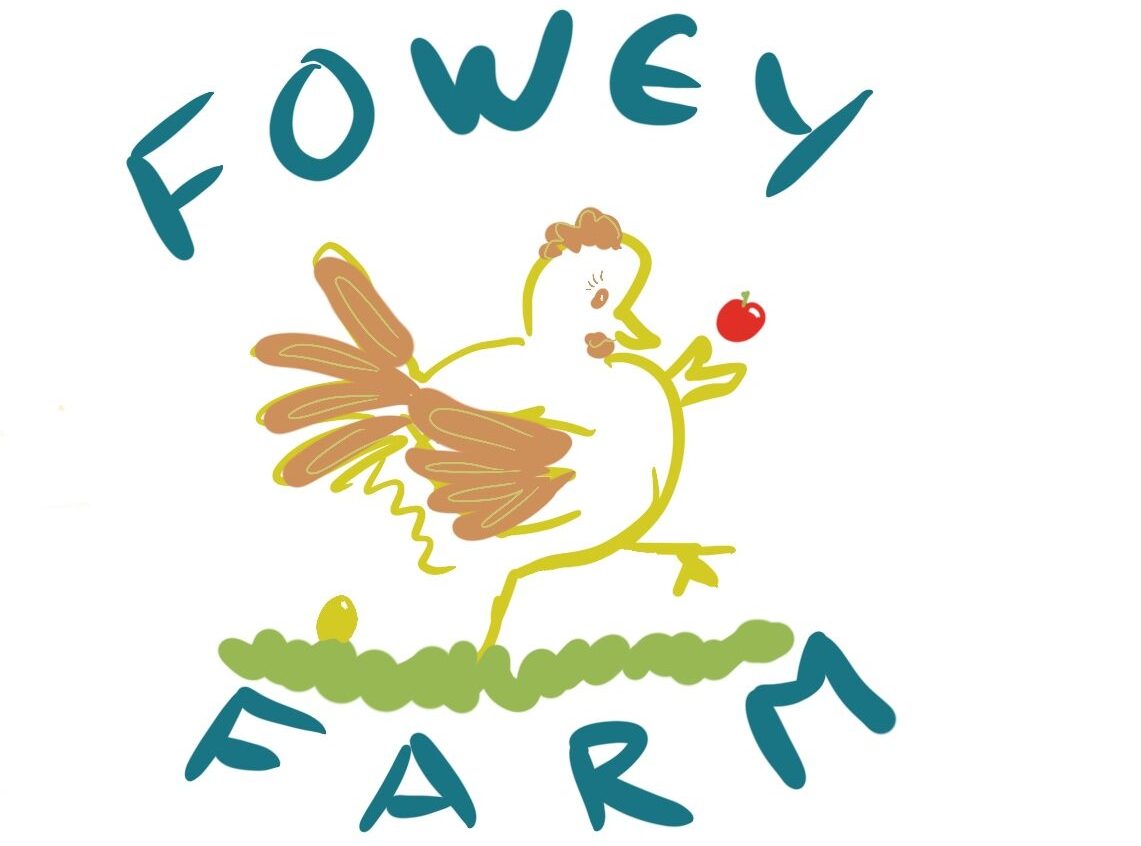Disconnection from Nature
- Problem: Many young people today are growing up with limited access to nature and a lack of understanding about where their food comes from. This disconnection can lead to a diminished appreciation for the environment and a lack of awareness about sustainable practices.
- Solution: A permaculture farm provides a hands-on learning environment where young people can connect with nature, learn about ecological principles, and develop a deeper understanding of the food system.
Lack of Practical Skills
- Problem: Traditional education often focuses on theoretical knowledge, leaving young people with limited practical skills in areas like gardening, food production, and sustainable living.
- Solution: A permaculture farm offers opportunities to develop valuable life skills, including planting, harvesting, composting, natural building, and water management. These skills foster self-sufficiency and empower young people to make sustainable choices.
Environmental Challenges
- Problem: The world faces pressing environmental challenges like climate change, deforestation, and soil degradation. Young people will inherit these challenges and need the knowledge and skills to create a more sustainable future.
- Solution: Permaculture offers a framework for creating resilient and regenerative systems that address these challenges. By learning permaculture principles, young people can become agents of positive change, contributing to a healthier planet.
Mental and Emotional Well-being
- Problem: Mental health issues are on the rise among young people, with stress, anxiety, and depression becoming increasingly prevalent.
- Solution: Spending time in nature and engaging in meaningful activities like gardening have been shown to improve mental and emotional well-being. A permaculture farm provides a therapeutic environment where young people can connect with nature, build self-esteem, and develop a sense of purpose.
Food Security and Access
- Problem: Many communities face challenges with food security and access to fresh, healthy produce.
- Solution: A permaculture farm can serve as a local food source, providing fresh, nutritious food to the community and educating young people about food sovereignty and sustainable agriculture.
In essence, a permaculture farm for young people acts as a living classroom and a catalyst for positive change. It addresses the need for environmental stewardship, practical skills development, and improved well-being, empowering young people to become active participants in creating a more sustainable and just future.
Discover more from Fowey River Academy School Farm
Subscribe to get the latest posts sent to your email.

[…] Creating a permaculture farm for young people addresses several critical needs and problems (December 9th): This post highlights the benefits of involving young people in permaculture farming. It explains how this practice can help address disconnection from nature, lack of practical skills, environmental challenges, and mental health concerns. […]